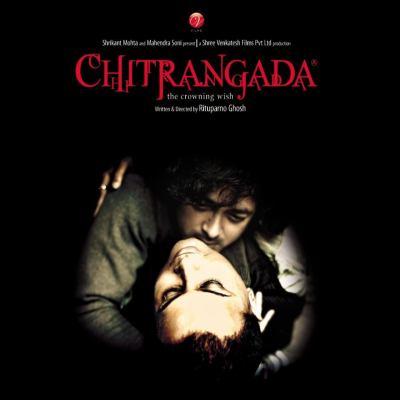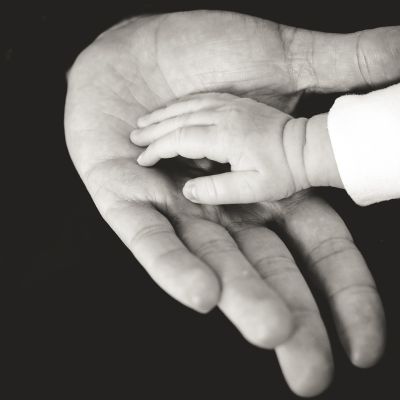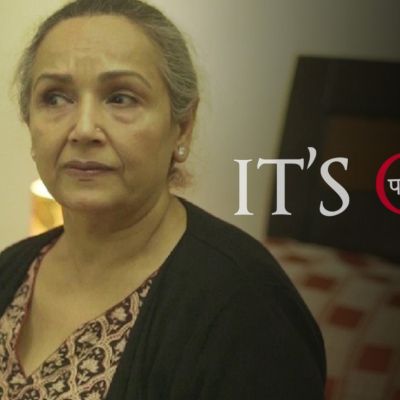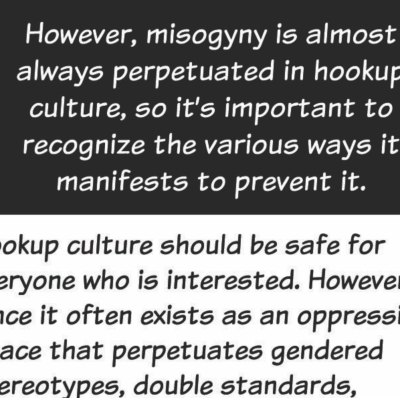relationships
At sixteen, the senior boy I loved, touched me down there and said, this is what boyfriends do, this is what love feels like – uncomfortable.
The lovers enact many recognizable hetero-normative romantic tropes – the wronged petulant woman pacified via kisses and caresses, the woman too tired for sex who then tries to placate the sulking male lover.
Family, immediate and extended, is usually who you turn to. They are the ones who provide stress relief and reduce anxiety by boosting self-confidence and self-esteem and providing a protective shield. There is a sense of belongingness in good times and in bad.
It wasn’t that she had never heard of homosexuality; but, in her imagination, gay men and women were an exotic species, not real people who could, perchance, be fellow passengers on a bus, fellow shoppers at a mall, or a fellow beginner in a meditation class.
The movie was criticised for its stereotypical portrayal of Debu as a gay man. But, the beauty is that it also highlights the reversal of gender roles. The smiles, and the laughter sounding throughout the house, create a cheery note in the movie.
The film begins with the mother’s dilemma around her daughter’s refusal to be ‘normal’ and marry a ‘decent boy’. As the story unfolds, we see the mother invite a ‘suitable boy’ for dinner on the same evening as the daughter’s partner is coming home to meet the family.
Risk by itself is not a stigmatised subject, but sexuality is, and has been for generations. This has led to closeting, to shutting the door, on many necessary conversations about the risks to rights that millions of vulnerable individuals and many vulnerable communities live with, across the globe.
While highlighting safety from, media narratives often dismiss safety to: express oneself, be it through the way we identify and communicate, or through the body. Not only the spaces we access and the time of day we do so but also the way we perform our self-hood.
I had risked so much already, not just by loving another woman, but by acting on my desires. By allowing myself to feel intimacy and connection with another queer person. Despite feeling guilt and shame, this risk had become increasingly vital to take.
These two films were refreshing because they didn’t have the fairytale endings of girl-meets-boy, they fall in love, overcome difficult challenges and live happily ever after. Instead, they were set in everyday reality where life takes over and choices have to be made.
While navigating hook-up culture, we may exercise our agency to express our sexuality but at the same time, may face risks to our safety and bodily integrity as well as obstacles engendered by misogyny, rape culture, heteronormativity, and double standards.
Sexuality is taboo in our context, and expressions of it publicly or even in the home setting outside the bedroom, especially by those who are not in ‘legitimate’ relationships ‘alarm the modesty’ and are generally considered anti-culture or simply categorised as Western concepts.
It’s technology that has allowed me, amidst the lockdown, to connect with so many people and I dare say, sext and share photos. It’s technology that has allowed me and many others access to things like porn, fetish websites, and to buy sex toys and so much more without leaving our beds!
Because the Internet is an integral part of our daily lives, it is important that young people are given the right information so that they can explore the world around them, access information without violating legislations, know their rights in the virtual and physical world and have enjoyable and consensual relationships with whoever they choose.
I discovered the movie What Will People Say? while browsing Netflix. Growing up in a society in which people are…















